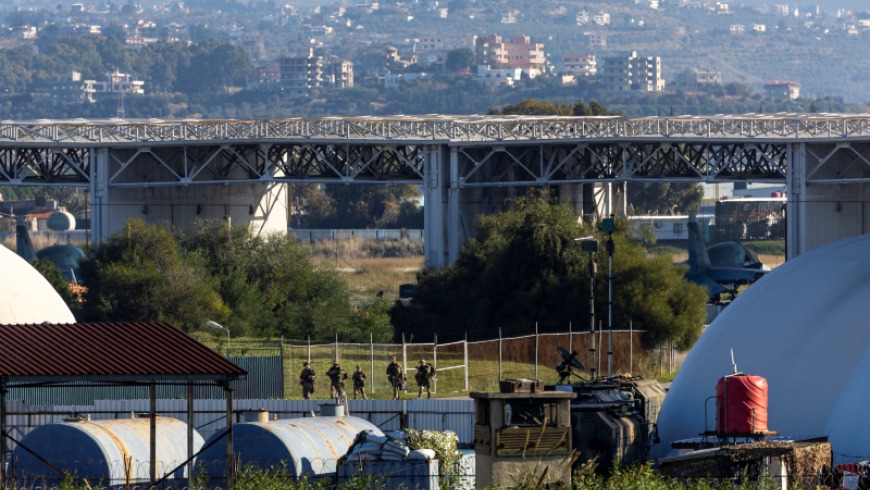From the earliest moments of the “Deterrence of Aggression” campaign, which culminated in the fall of Bashar al-Assad’s regime, global attention has centered on the future of Russian military bases in Syria. Analysts and experts have put forward diverse opinions, while international media, citing monitoring data, reported that Russia has begun withdrawing forces from the Hmeimim Air Base and its warships have departed the Tartus Naval Facility.
Amid this wave of speculation, the leadership of the “Deterrence of Aggression” operation has remained silent on the issue. Conversely, Russian officials have struck a diplomatic and optimistic tone. Deputy Foreign Minister Mikhail Bogdanov remarked that Russia is engaged in “constructive talks” with Syrian authorities and expressed hope for retaining a military presence in the country. Similar assurances were offered by Kremlin spokesperson Dmitry Peskov.
Ahmad al-Sharaa: Shifting from a Revolutionary to a State-Building Mentality in Leading Syria
Despite reports, based on unnamed sources, suggesting a Russian withdrawal from Syria, Moscow has conveyed positive signals through its senior officials to Damascus.
On the Syrian side, the operational leadership has reciprocated with equally optimistic gestures toward Moscow. Ahmad al-Shara’, the de facto leader of Syria, stated in an interview with Syria TV: “The Syrian leadership has refrained from provoking Russia and has allowed it the opportunity to reassess its relationship with Syria in a manner that serves mutual interests.” He underscored the importance of carefully managing international relations during this pivotal period.
The Future of Russian Bases in Syria: Possible Scenarios
Even if the decision were made to close Russian military bases in Syria, such a move is unlikely in the immediate future due to the legal framework governing these facilities. The agreements securing Russia’s military presence are intergovernmental treaties between the Russian Federation and the Syrian Arab Republic—not personal arrangements tied to the ousted president. Any changes to these agreements would therefore require negotiations between the two governments.
The new Syrian leadership has taken a measured approach, avoiding interference with Russian bases and presenting itself as a responsible authority that honors Syria’s international commitments. This stance not only bolsters the legitimacy and credibility of the new Syrian leadership but also strengthens its efforts to establish positive foreign relations for a modern and sovereign Syrian state.
As a result, the fate of the Hmeimeem Air Base and the Tartus Naval Facility remains uncertain. It is likely to be decided only after the formation of a Syrian government recognized by the international community. In the meantime, ongoing discussions between Moscow and Damascus are expected to focus on the future of these bases.
The mutual exchange of positive rhetoric suggests that the Syrian government may not oppose the continued presence of Russian bases. However, it is likely to seek a renegotiation of the terms, particularly regarding issues of sovereignty and customs regulations. An updated agreement could balance Russia’s strategic interests with benefits for Syria, such as a comprehensive plan to modernize and rearm the Syrian military, drawing on decades of Russian-Syrian military cooperation.
While the immediate future of Russian bases in Syria hinges on delicate negotiations, both Moscow and Damascus appear committed to fostering a cooperative relationship that aligns with their evolving interests. This process will likely define the next chapter of their partnership, balancing Syria’s sovereignty with Russia’s regional strategic objectives.
This article was translated and edited by The Syrian Observer. The Syrian Observer has not verified the content of this story. Responsibility for the information and views set out in this article lies entirely with the author.


